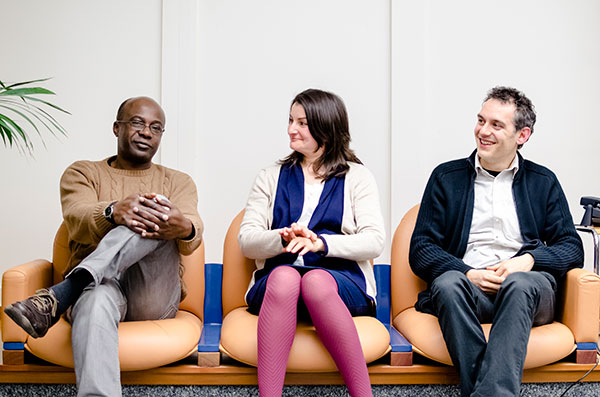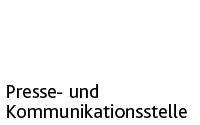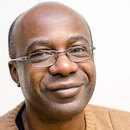The language course was the entry ticket
Three international alumni speak about arriving, staying and the best of their lives.
It was no coincidence that Kennedy Kigada from Kenya came to study in Siegen. "It was the language course. In Siegen, I had the opportunity to learn German locally at uni," remembers Kigada, who began studying construction engineering in 1986. Today, foreigners interested in studying can still enrol in a German course for a maximum of three semesters at the University of Siegen in order to demonstrate the necessary language skills to study in Germany. "That was the best way to start. It also made it much easier to get a visa," says Kigada. At the same time, the language course was the opportunity to make new friends quickly far away from home. At that time, 20 fellow students from at least ten different countries attended the course with him and learned their first sentences of the German language. "Many of them could not speak English either; we somehow needed to communicate in German," says the Kenyan with a smile brought on by his memory.
Along with two other international alumni, Kigada returned to his former university. It is an exchange of experiences between three new Siegerlanders who have found friends, work and a home here. Opposite Kigada sits Ricardo Bautista Osuna. For the Spaniard, too, learning the language in the country was the key to success. His tip: "I banned myself from speaking my mother tongue for six months." Bautista had come to Siegerland not because of the language course, but for love. During his engineering studies, he lived in the student residence in Bürbach for many years, where he made not only German-speaking friends. "I was lucky that in the residence I had direct contact with the world due to the many international student colleagues," says Bautista, who today works as a project manager for global firm Gräbener Minting (Netphen).
International contact is something that Karina Barbera is also used to in her everyday work. "The world comes together in my office," jokes the social pedagogy graduate, who works at the Special Service for Migration and Integration of Caritasverband Siegen-Wittgenstein e.V. Every day, she helps people who want to stay in Germany permanently. Unlike Kigada and Bautista, Barbera had not initially planned to study in Germany. She had come to Germany as a refugee from Uzbekistan and had initially worked as a nurse before studying social pedagogy in Siegen. "My studies were a completely different world. My tutor was a punk who after five years at university still did not know what he wanted to do after he graduated," remembers Barbera.
Finding a job after university was no great problem for any of the three. "Towards the end of my studies, a university professor asked me whether I would be interested in working here," remembers Kigada. He has now worked for Kirchen-based construction firm Gebrüder Schmidt as a project manager for more than 20 years. "In Siegerland, many people work for an employer for a very long time. Fluctuation is very low," says Bautista from experience.
Not everything went as smoothly for the alumni in Siegerland as the job search. "Time is needed to integrate into the family structures here. However, once one has managed it, one is firmly in," says Barbera. Kigada, too, can confirm the image of a Siegerlander who is true to his home: "I live with my family in Freudenberg. Almost all households there are virtual family homes and at my company in Kirchen there is not even anyone from Cologne."
Barbera, Bautista and Kigada agree that looking back at history helps one to understand the lifestyle of the Siegerlanders. "First, one needs to learn that in Germany, work is life. Particularly in Siegerland, one needed to work very hard to survive in the past. Self-supply over the Hauberg is a tradition that still exists today," says Bautista. The house needed to be looked after, the wood needed to be chopped. Economical living was a result of tradition and also had nice sides to it. "People help each other work on the house and then they have a barbecue together," according to Bautista's experience.
All three alumni have engaged with the people and the lifestyle of Siegerland, even forming their own families. None of the three would have stayed if it were not for their experiences during their studies at the University of Siegen. "If my time at the University of Siegen had not been the best time of my life, I would not be here anymore," says Ricardo Bautista Osuna.

Kennedy Kigada, Karina Barbera and Ricardo Bautista Osuna found not only a university place, but also friends, work and a home.
Text and photo by Björn Bowinkelmann


